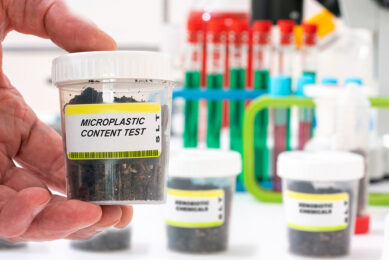Study finds no significant impact of GM crops
In a large literature study by Swiss Agroscope Reckenholz-Tänikon Research Station (ART), covering ten years of research, the conclusion was made that GM crops are at least similarly safe for the environment.
Analyses of Bt crops found no significant impact on insects, birds, and soil
microflora. According to the study, neither laboratory nor field research showed
that the Bt toxin could damage non-target organisms. Although individual
population shifts in soil bacteria were recorded, these shifts remained most
likely within the normal limits for different crop varieties. For
herbicide-tolerant (HT) crops, ART concluded that gene flow is unlikely – and
that HT crops hardly can survive outside cultivated fields. Appearances of
herbicide-tolerant, wild relatives have been registered only in areas where one
complementary herbicide was used exclusively, causing immense pressure on wild
plant populations. In regions where at least both complementary herbicides
(glufosinate and glyphosate) were applied, farmers had no trouble with
herbicide-tolerant weeds.
Large-scale field
studies
The literature study was ordered by the Swiss Expert
Committee for Biosafety (SECB). Many results were taken from large-scale field
studies, since the major GM-producing countries have no monitoring requirements
and few results from commercial cultivations were available.











